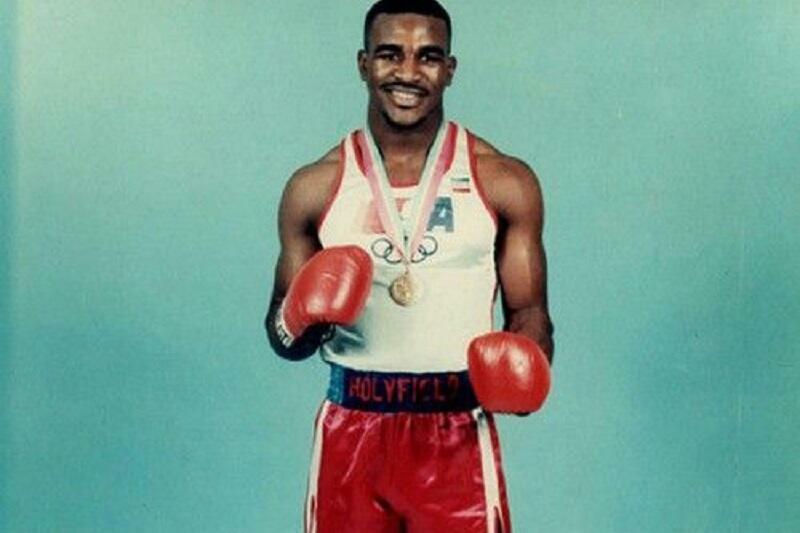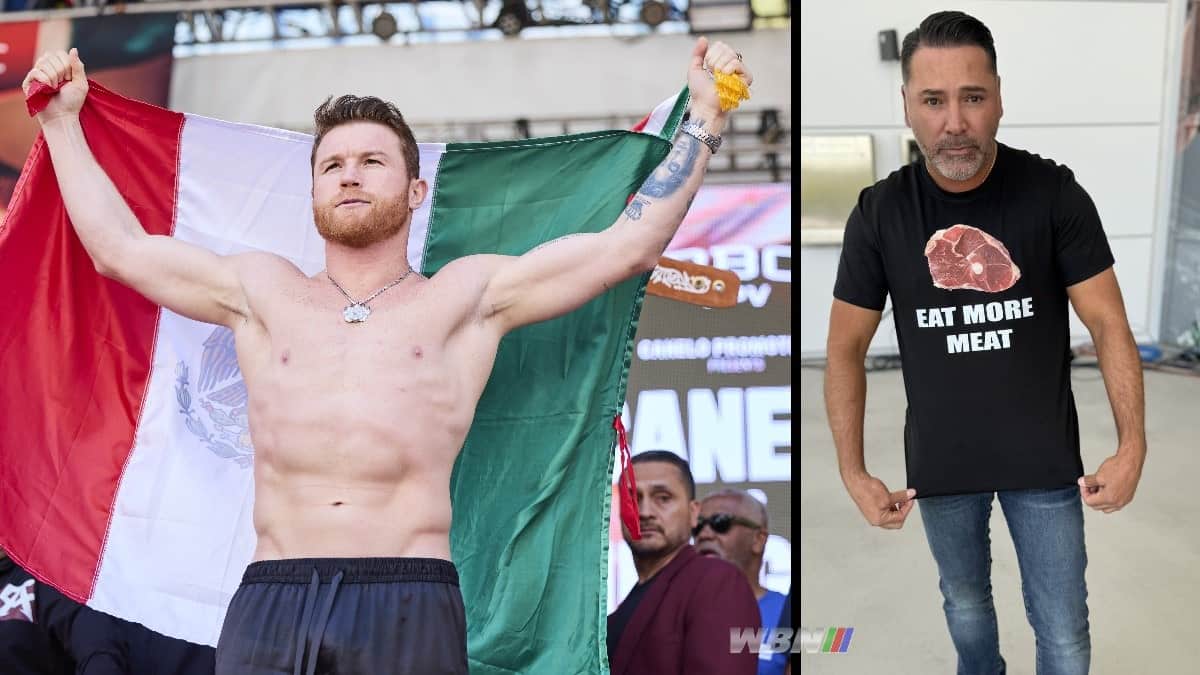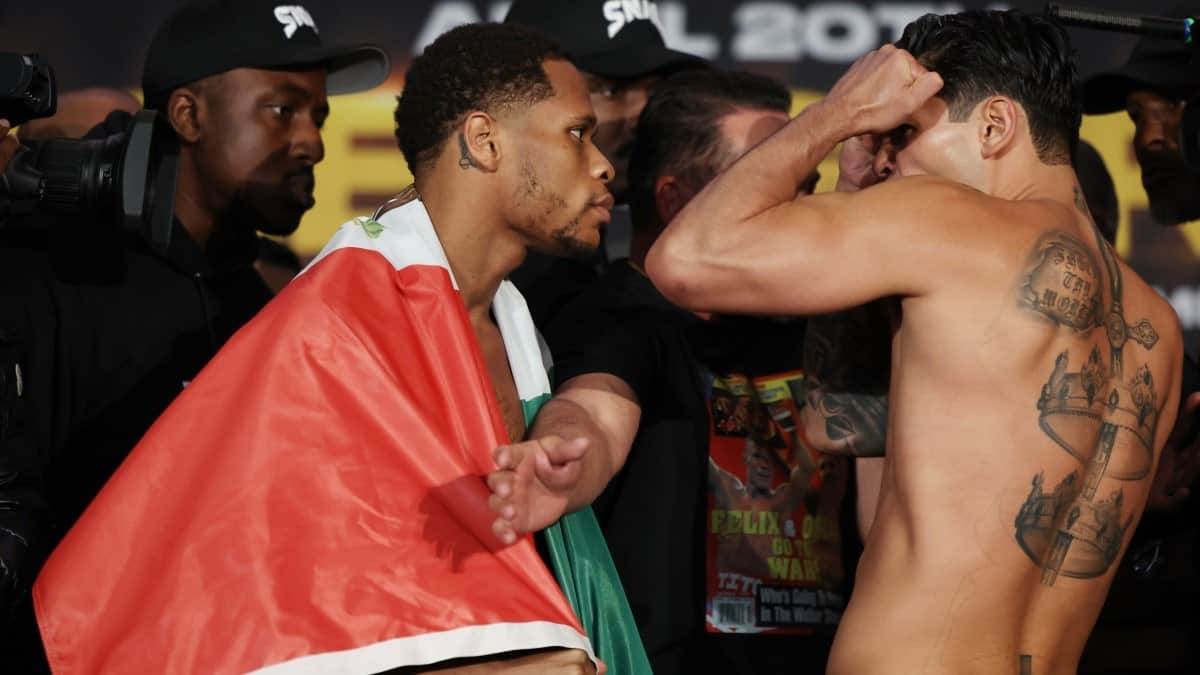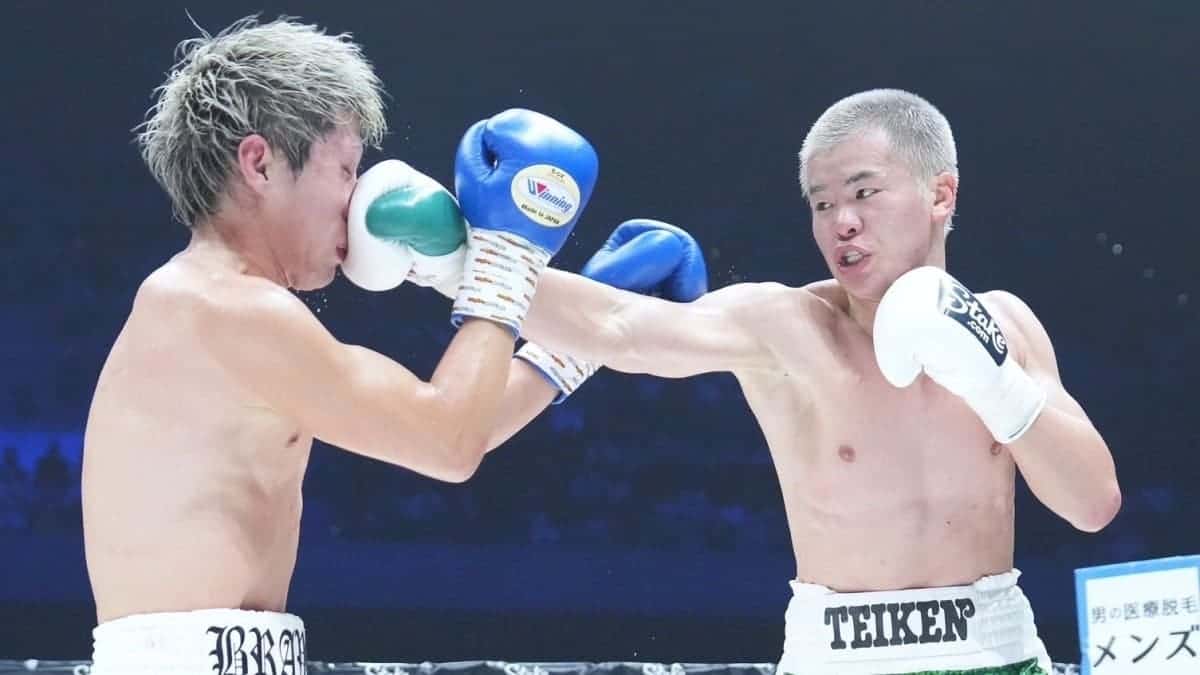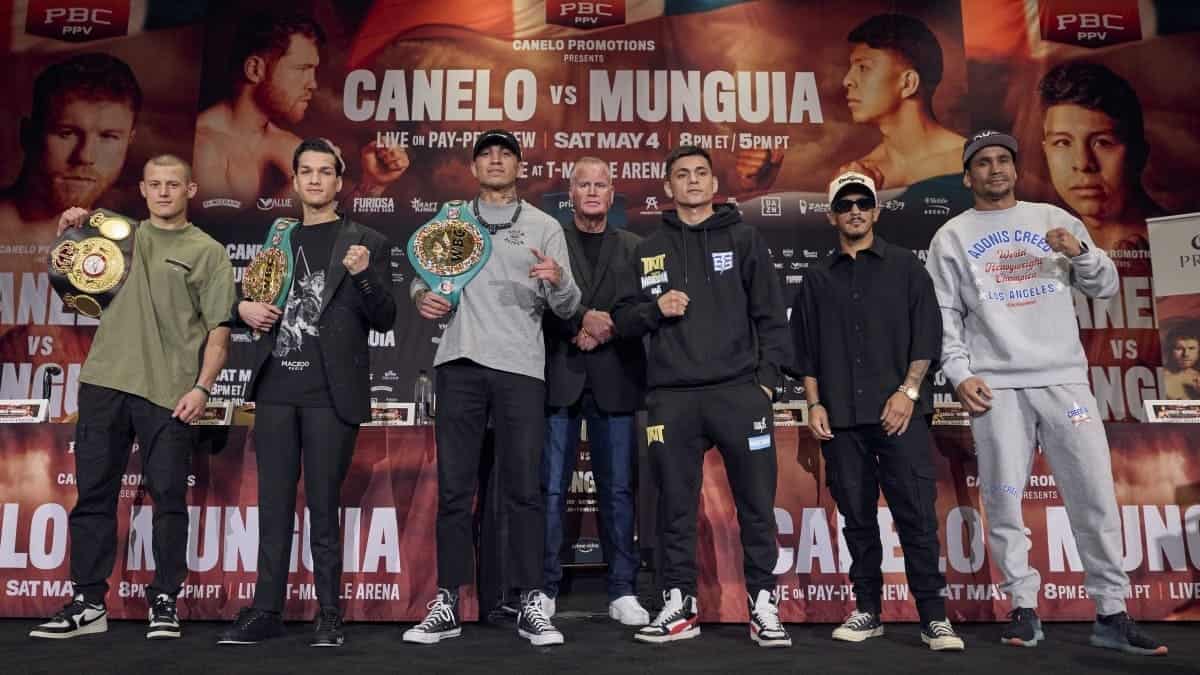In this first part of the interview, Holyfield looks back to the beginnings of his career as an amateur, as well as underlining the importance of a solid mental attitude to one of the toughest disciplines around.
The 53 year-old, who shared the ring with the best cruiserweight and heavyweights of the 1990’s, retired in 2011 in his late forties after pushing in his attempt to become a five-time top division ruler.
Although he ultimately came up short in his later bid to make it to the summit and beat George Foreman’s record of the oldest heavyweight champion of all time, Holyfield believes he achieved what his body would allow over a career spanning 27 years and four decades.
“First and foremost, I can say that I did the best that I could with the knowledge and understanding that was giving to me from the time I was a kid at eight years old,” Holyfield exclusively told World Boxing News.
“I had my goal that I could be like Muhammad Ali and I did achieve the things that were told to me when I was young.
“I was able to make the Olympic team and I was able to become the undisputed cruiserweight champion of the world, also the heavyweight champion of the world four times, so what more can you ask for in a career?”
Several standout moments from his time in paid ranks spring to mind when you picture Holyfield’s successes after victories over the likes of Dwight Muhammad Qawi and Carlos De Leon at 200 pounds and Larry Holmes, Mike Tyson, Riddick Bowe and Foreman himself at the higher limit.
Asked which of his achievements stand out the most, Holyfield went all the way back to his time in a United States vest and head guard for what the humble Georgian sees as the highlight of his career.
“I would say making the Olympic team, the ’84 Olympic team in Los Angeles,” he said.
“I was one of the twelve members and we had nine gold medalists, one silver and one bronze. I was the bronze medallist and that achievement stands so high with me because the fact of the matter is it’s amateur and not about money. It’s just that you want to represent your country, so the fact that I was able to do that gave me a brand new start coming up as a professional.”
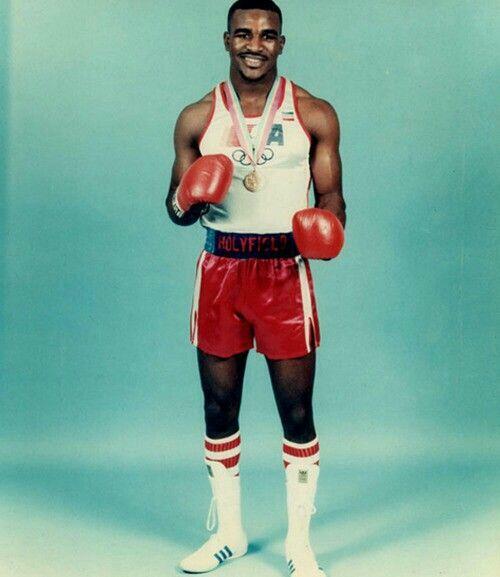
Holyfield missed out on the light-heavyweight gold medal match following a highly controversial ending to his fight with Kevin Barry of New Zealand. A dominant Holyfield, who had been the favorite for gold throughout, put Barry, the now trainer of heavyweight champion Joseph Parker, on the canvas in the second round after the referee had called for a break due to Barry’s constant need to hold. Barry had been warned and deducted twice for his antics, but it was Holyfield who paid the price after hitting the New Zealander as they should have backed off. Barry was counted out on his feet, although the American was forced to settle for a bronze medal. Barry would then lose to Anton Josipović of the former country of Yugoslavia in the final.
Despite the disappointment, Holyfield is philosophical after the fact, proving how real champions take a knock and come back even better for it.
Asked if any regrets or grudges were held for the way his Olympic dream was shattered, a gracious Holyfield answered: “I don’t have any regrets about it as if you look back at my career and think, ‘what was good about this guy?’ – then I was able to abide by the rules.
“I was able to take the ups and the downs when things didn’t go too good. I think being able to demonstrate when kind of person someone is by looking at his whole career and seeing what allowed him to succeed. And what allowed me to succeed, was that some good things happened and some bad things happened, but it’s how you handle both of those.”
He continued: “I think it had something to do with being the very best you could be. My attitude has a lot to do with the ups and downs my mother went through. My momma wanted me to be better than her, so every time I talk about my career, I always say my momma was the one that guided me. She said my attitude would take me a lot further than my talent, and that’s because everybody messes up but when you have a bad attitude you don’t get that many chances to come back.
“So if you look at my career, you’ll see I had a lot of shortcomings – but because I had a good attitude I had the opportunity to succeed.”
Phil Jay is Editor of World Boxing News. Follow on Twitter @PhilDJay

